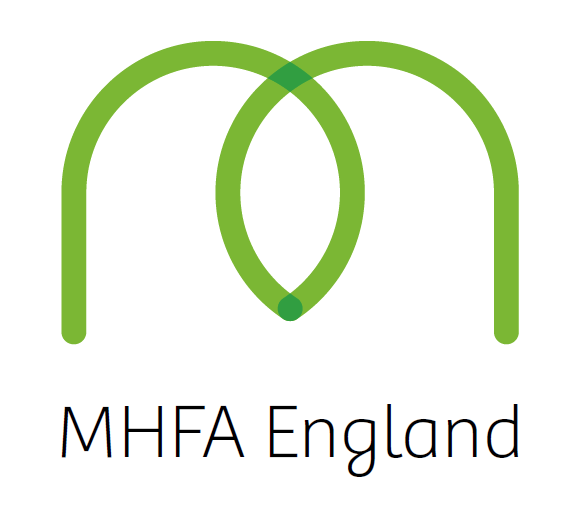
On the 20th February 2019 five Cadet Force Adult Volunteers from Altrincham Sea Cadet Unit undertook a course by Mental Health First Aid England in Youth Mental Health First Aid. In today’s day and age mental health is a serious problem for young people. Altrincham Sea Cadets is the first sea cadet unit in the UK to train up its Adult Volunteers to detect and give help in a mental health crisis. The course has informed staff how to recognise mental health issues that may affect young people and give immediate assistance at an early stage, from talking about issues and giving support and organising help from professional organisations who can take further action to help. The team of 5 mental health first aiders are now able to help the units 60 Sea Cadets and Royal Marines Cadets and 25 adult volunteers who may face issues and need help.
Sub Lieutenant (SCC) William Smith Royal Naval Reserve, Commanding Officer of the Altrincham Sea Cadets said:
‘Having members of the unit able to help with mental health is a fantastic step from the unit, as a matter of compliance we have first aiders able to deal with physical health issues and injuries, however as mental health becomes more recognised today – I think putting our staff through this training enforces the pastoral care we can offer our cadets and volunteers and over all helps our community’
Petty Officer (SCC) Kirsty Lehwald, Unit Training Officer of the Altrincham Sea Cadets said:
‘The course has been very useful – we have had many situations where our young people have been distressed, whether it be exam stress or the problems we all face growing up – I am really glad Sea Cadets have put me through this training, I feel able to help our cadets when they need it most’
Referral rates of young people to specialist mental health services in England have increased greatly over recent years, with the number of cases worked rising nationally by more than 40% between 2003 and 2010 according to MHFA England, in the last 9 years this is likely to have continued to grow. With rising pressure on the mental health services offered by the National Health Services it is important that people in positions such as Sea Cadet Instructors and adult volunteers are in a position to spot these issues early and intervene having been properly trained and bring about the best outcome.
Sea Cadets gives young people a new perspective. We broaden horizons and create possibilities. Working across the UK with 14,000 young people between 10 and 18, we help them see the world with confidence, gained through the challenge of nautical adventure and a Royal Navy ethos. Our aim is to help more young people to see the future that they want – and make that future happen. www.sea-cadets.org.







